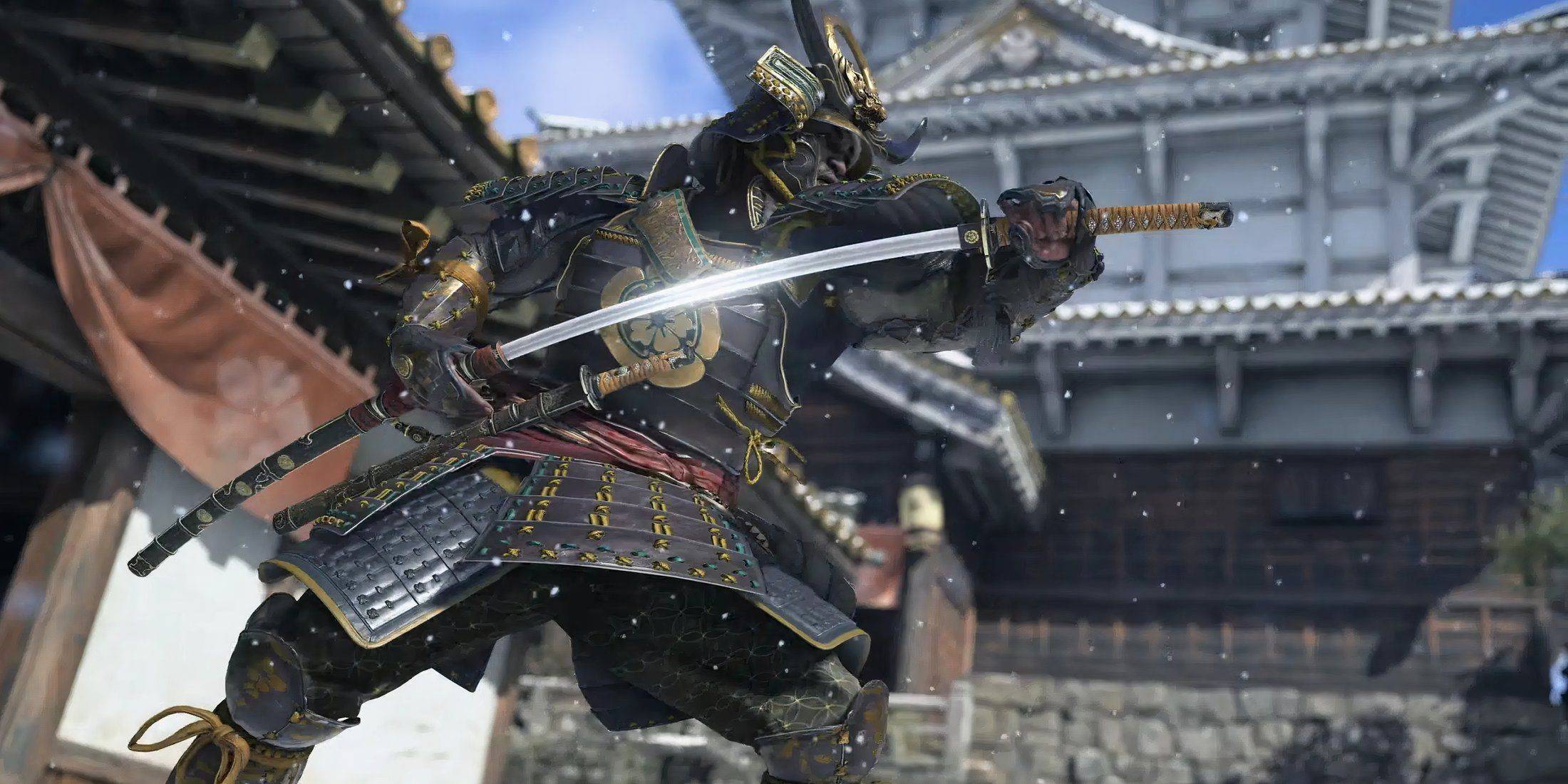The *God of War* series has been an iconic presence across four generations of PlayStation consoles. Since Kratos embarked on his vengeance-fueled journey to become the new god of war in 2005, few could have predicted where this fierce deity would find himself 20 years later. While many long-running franchises struggle to remain relevant across multiple gaming generations, *God of War* has thrived due to its readiness to evolve. The most pivotal evolution was the 2018 reboot, which transplanted Kratos from the realm of Ancient Greece to the rich tapestry of Norse mythology, significantly altering both the series' presentation and gameplay. Yet, even before this critically acclaimed reboot, Sony Santa Monica implemented numerous smaller, yet significant changes that ensured the series' longevity.
For *God of War* to continue its success into the future, reinvention will be crucial. When the series shifted to its Norse setting, director Cory Barlog expressed his desire to explore settings like the Egyptian and Mayan eras. Recent rumors have reignited discussions about an Egyptian setting. While these may be speculative, the allure of Ancient Egypt, with its distinct culture and rich mythology, is understandable. However, a new setting is just the beginning; wherever *God of War* ventures next, it must reinvent itself as effectively as it did when transitioning from the Greek trilogy to the acclaimed Norse games.
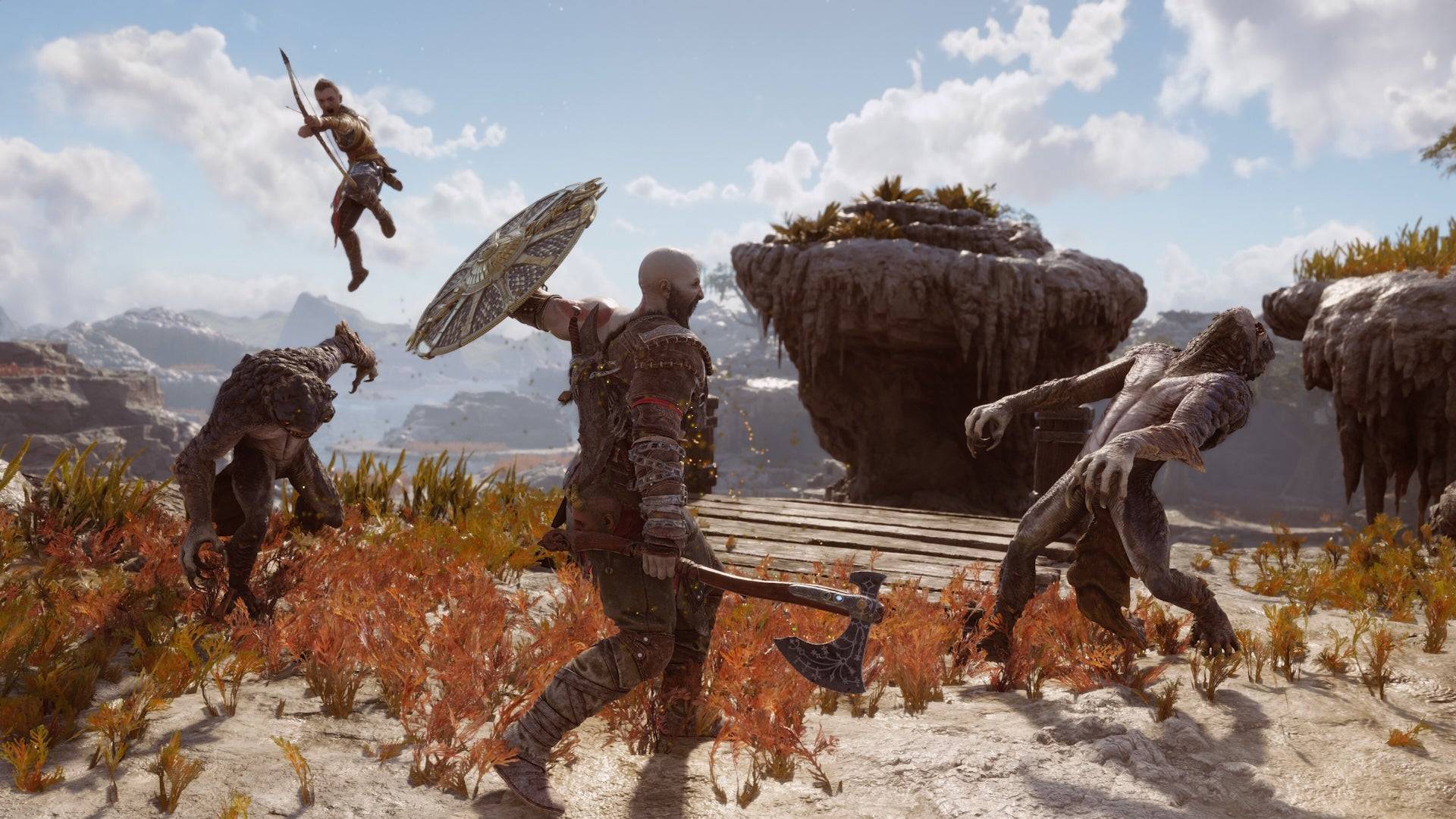
The series has always embraced change from one entry to the next. The original Greek games evolved over a decade, refining their hack-and-slash gameplay and achieving a polished finish by *God of War 3*. By the end of the trilogy, Kratos utilized a revamped magic system that complemented the rhythm of melee combat, facing an even broader array of challenging enemies. The final chapter, built for the PlayStation 3, leveraged the console's enhanced power to deliver new camera angles and showcase what was, in 2010, a graphical powerhouse.
The 2018 reboot saw the loss of many elements that defined the original games. The Greek trilogy featured substantial platforming and puzzle elements, which were largely phased out in the Norse games due to the new third-person, over-the-shoulder camera perspective. While puzzles remained, they were reimagined to align with the adventure-first design of the Norse games.
In the roguelike DLC for *God of War Ragnarök*, titled *Valhalla*, the series revisited its Greek roots both mechanically and narratively. The original series included battle arenas from *God of War 2* onwards, allowing players to set difficulty levels and choose opponents, which were some of the most memorable features. These were absent in the 2018 reboot but made a poetic return in *Valhalla*, where Kratos confronts the ghosts of his past, invited by the Norse god of war, Týr. This return not only brought back a beloved mechanic but also completed Kratos' narrative arc.
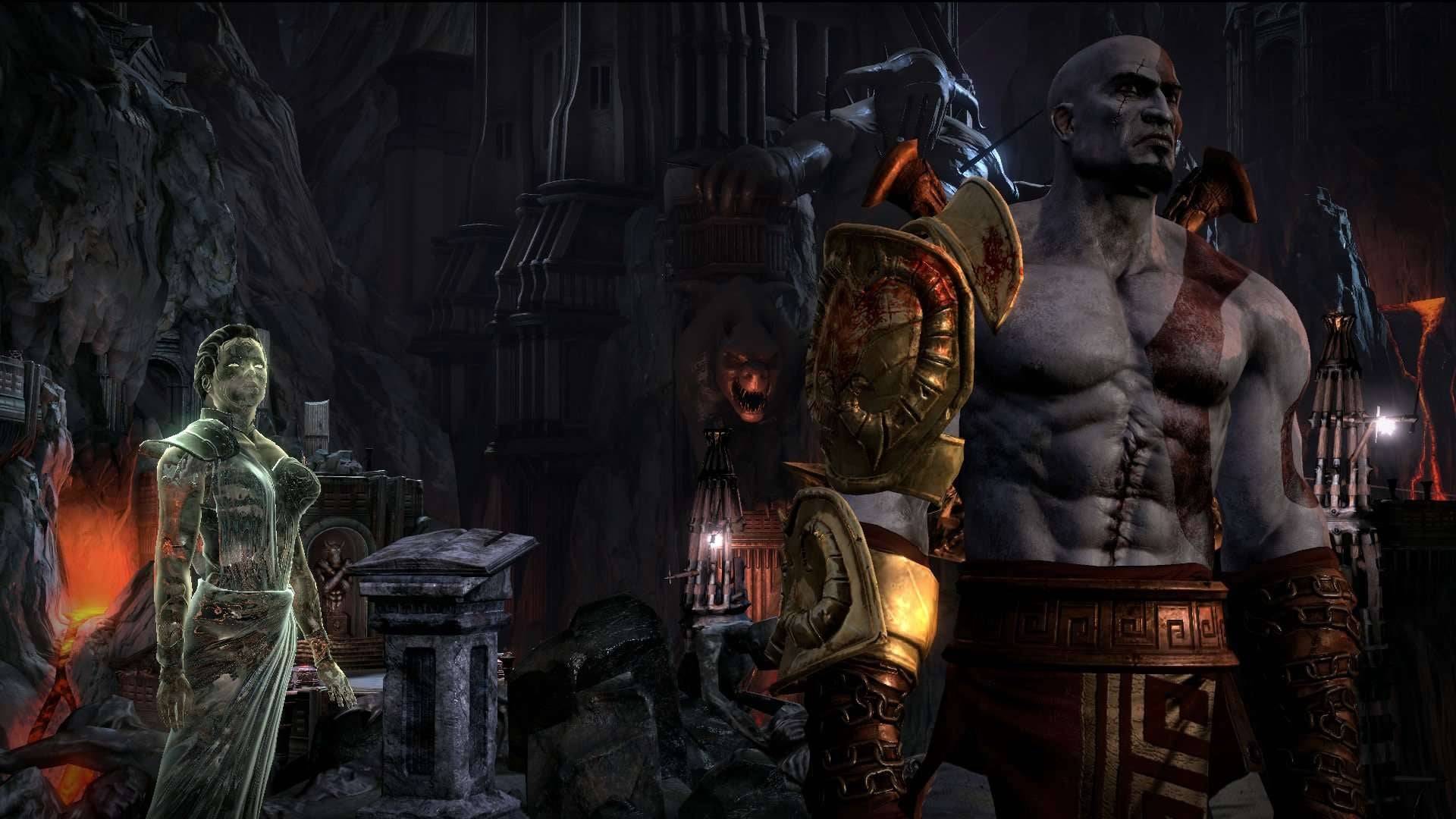
The Norse *God of War* games are not merely reinterpretations; they introduce a host of new features. These include the unique throwing mechanics of the Leviathan Axe, a combat-defining parry system facilitated by various shield types, and in *Ragnarök*, a magical spear that enables a faster, explosive attack style. These tools help players navigate the Nine Realms, each with its own unique enemies, visuals, and characteristics.
While the mechanics of combat and exploration are evident changes, the most striking difference between the original trilogy and the Norse duology lies in the storytelling approach. The Norse games delve deeply into Kratos' emotional journey, exploring his grief over his late wife and the complex relationship with his son, Atreus. This emotive storytelling, a significant departure from the original trilogy's more direct narrative, has been crucial to the Norse era's critical and commercial success.
*God of War*'s shift in both mechanical design and storytelling reflects a progressive approach to franchises. The series' creators view the Norse games not as traditional sequels but as extensions of Kratos' journey. This perspective should remain central to any future installments.
However, radical reinvention alone does not guarantee success. Consider *Assassin's Creed*, another series that has frequently changed its settings and gameplay styles. While profitable, it has struggled to maintain fan loyalty across multiple console generations as effectively as *God of War*. After shifting to an open-world RPG format with *Assassin's Creed Origins* in 2017, the series has increasingly distanced itself from its foundational Assassin's guild lore. The narrative continuity established with Desmond Miles has weakened, and the new RPG era has become more divisive with each release. Critics and fans alike have noted the series' tendency towards content bloat and its drift from stealth-based gameplay to power fantasies reminiscent of Spartans and Vikings.
In response, *Assassin's Creed* has attempted course corrections, starting with *Assassin's Creed Mirage* in 2023, a soft reboot that returned to the series' Middle Eastern roots and streamlined gameplay. This move was well-received, and *Assassin's Creed Shadows* continues this trend by focusing on stealth with the character Naoe, echoing the original Xbox 360-era games.
The varied reception to *Assassin's Creed*'s shifts underscores the risk of straying too far from a series' core appeal. *God of War* has navigated this challenge adeptly. Despite the Norse series being a radical departure, it never lost sight of what made Kratos compelling or the series' mechanical roots. It preserved the essence of the Greek trilogy's intense combat while building upon it with new features like Spartan Rage options, innovative weapons, and diverse combat scenarios. These enhancements deepened the series' lore and maintained its identity, a balance that any future *God of War* game, whether set in Egypt or elsewhere, must continue to strike.
Regardless of whether the rumors of an Egyptian setting materialize, the next *God of War* must ensure its evolutionary changes uphold the series' successful elements. In 2018, this meant focusing on combat to match the Greek trilogy's standards. Moving forward, the series will likely be judged by its storytelling, the true strength of the Norse duology. Kratos' transformation from a rage-driven monster to a nuanced father and leader highlights the importance of narrative in the post-2018 games' success. Future installments must build on this narrative strength while introducing bold innovations that could define the next era of *God of War*.
 Home
Home  Navigation
Navigation






 Latest Articles
Latest Articles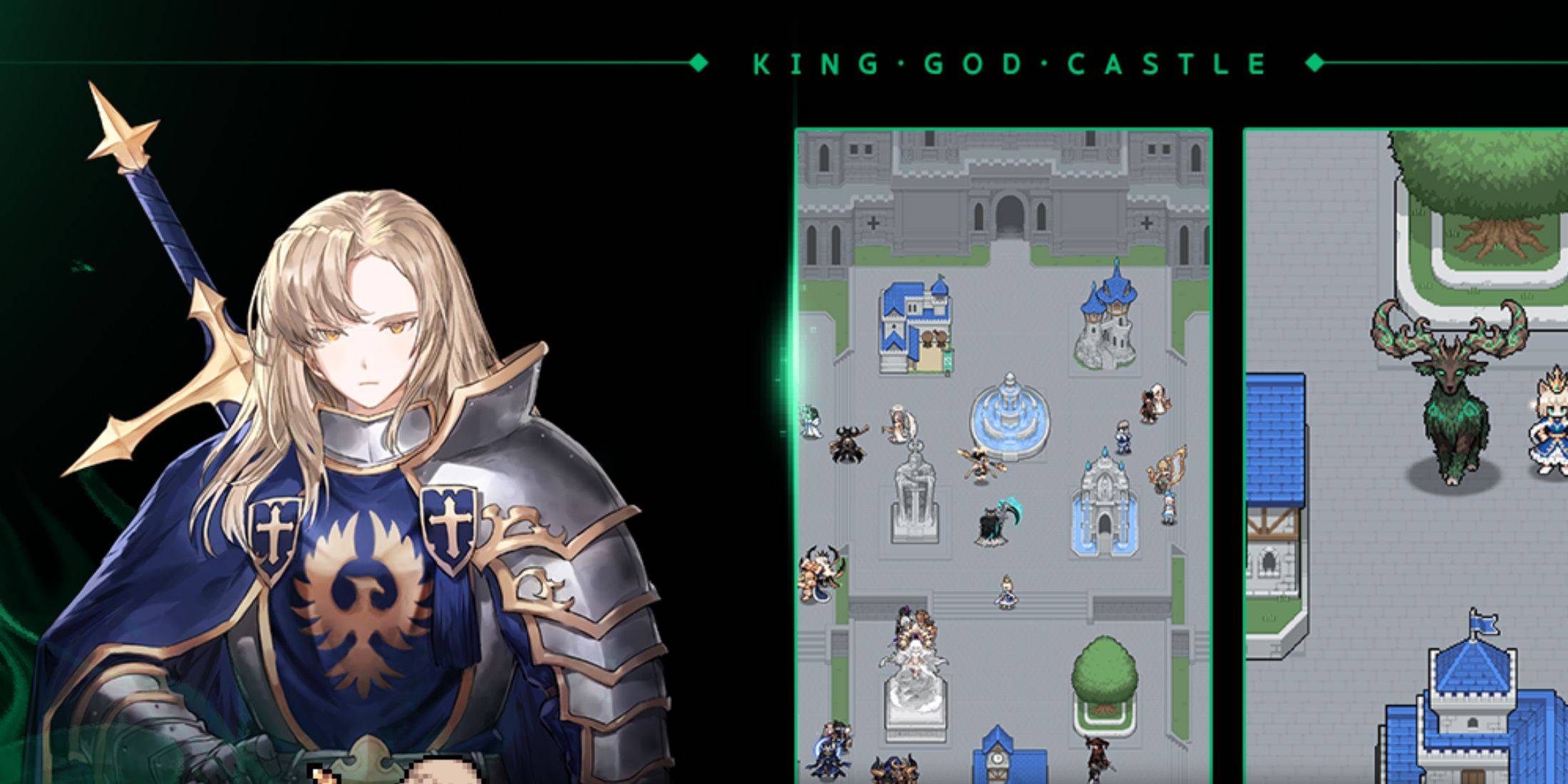


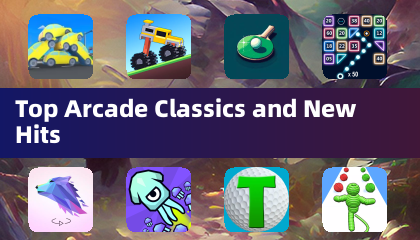



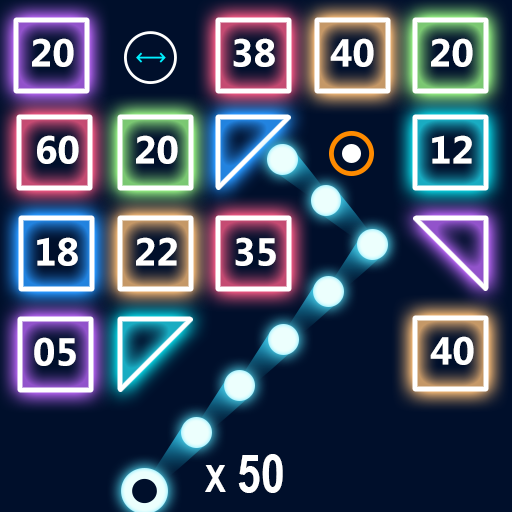

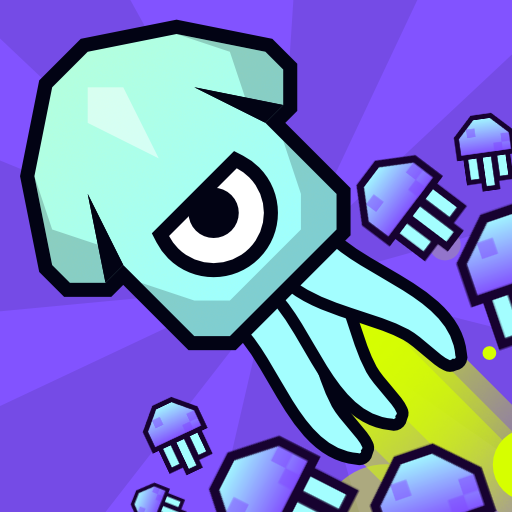
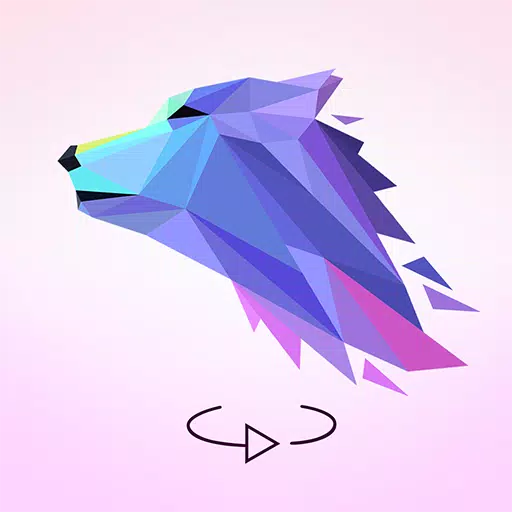
 Latest Games
Latest Games











